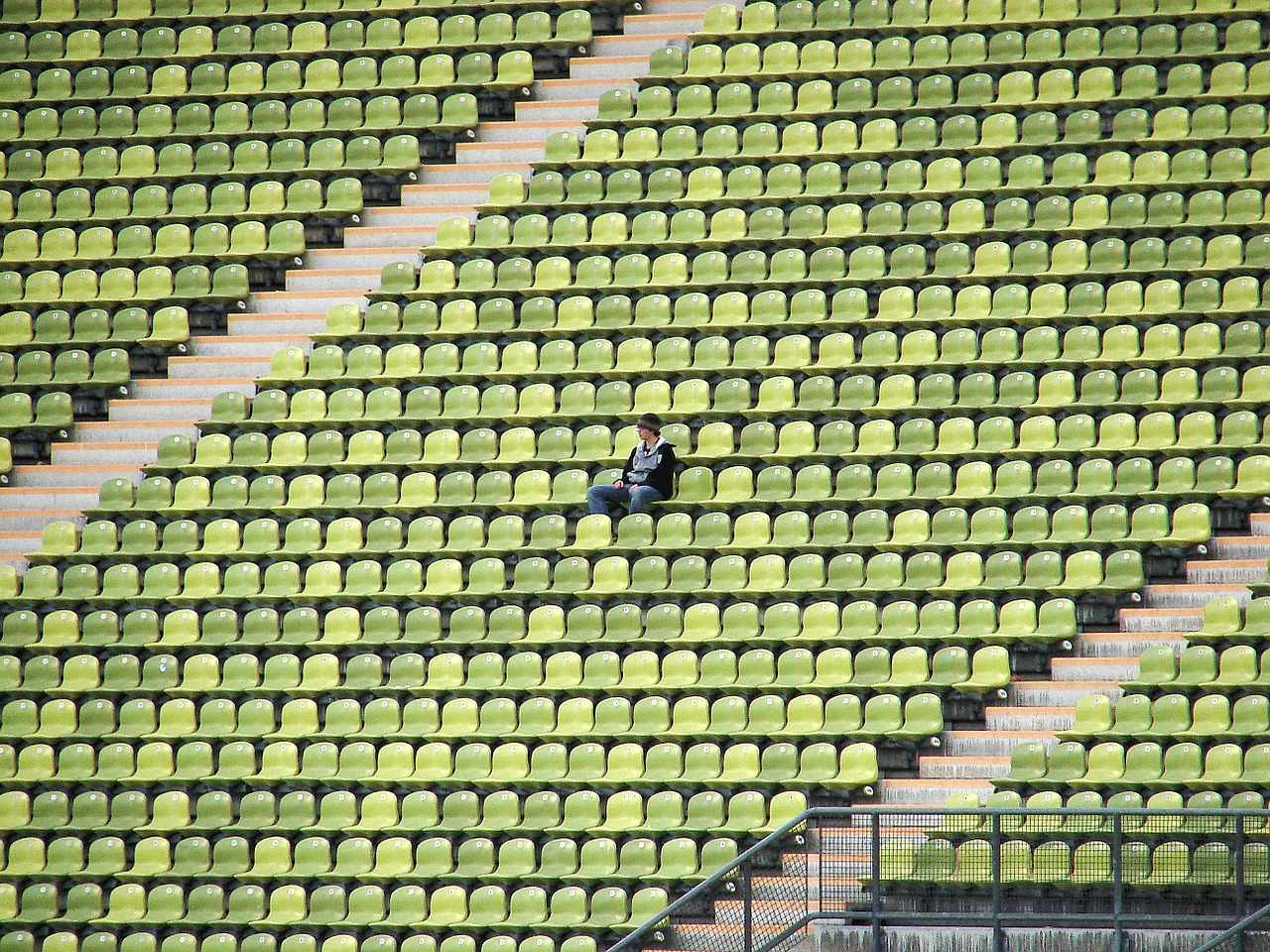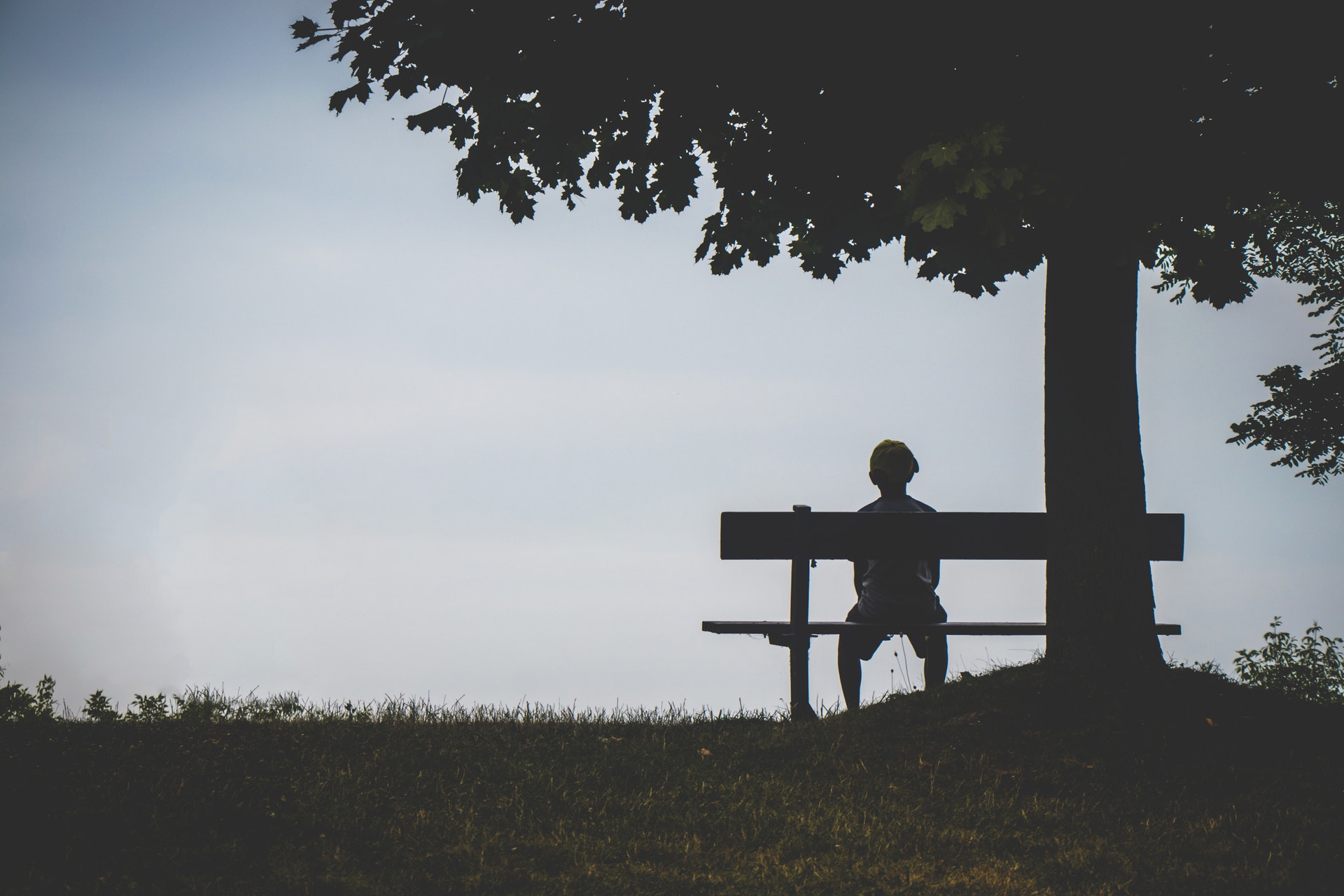-
The lonely generation
Open Forum | February 16, 2024Young adult Australians are more likely than their parents or grandparents to feel alone in the world, finds the annual HILDA survey, despite supposedly being more connected than ever before through their smartphones, chat apps and social media.
-
Alone together
Open Forum | November 19, 2021While public trust in government and the police increased during the pandemic, the damage done to our social connections during prolonged lockdowns left us lonelier than ever.
-
Fighting the virus of loneliness
Heidi Harrington Johnson | April 2, 2020It is our collective responsibility to protect the most vulnerable from loneliness in the COVID-19 pandemic, says a social researcher from UNSW. We’re going to have to find more ways to connect with one another as physical distancing continues.
-
7.8 billion is the loneliest number
Alan Stevenson | January 28, 2020There are more people on Earth than ever before, most of us living in teeming cities. Yet, despite the devices which theoretically connect us to everyone else, loneliness is a growing problem. The answer lies with us.
-
Designing cities to counter urban loneliness
Tanzil Shafique | November 25, 2018Loneliness is bad for individuals and societies, and the way we build and organise our cities can help or hinder social connections.
-
A Ministry of Loneliness?
Alan Stevenson | November 14, 2018Loneliness is an increasing social problem despite, or because of, the increasing population density of our cities and our reliance on social media. Would the creation of a ‘Ministry of Loneliness’ signal society’s intention to take this problem more seriously?







